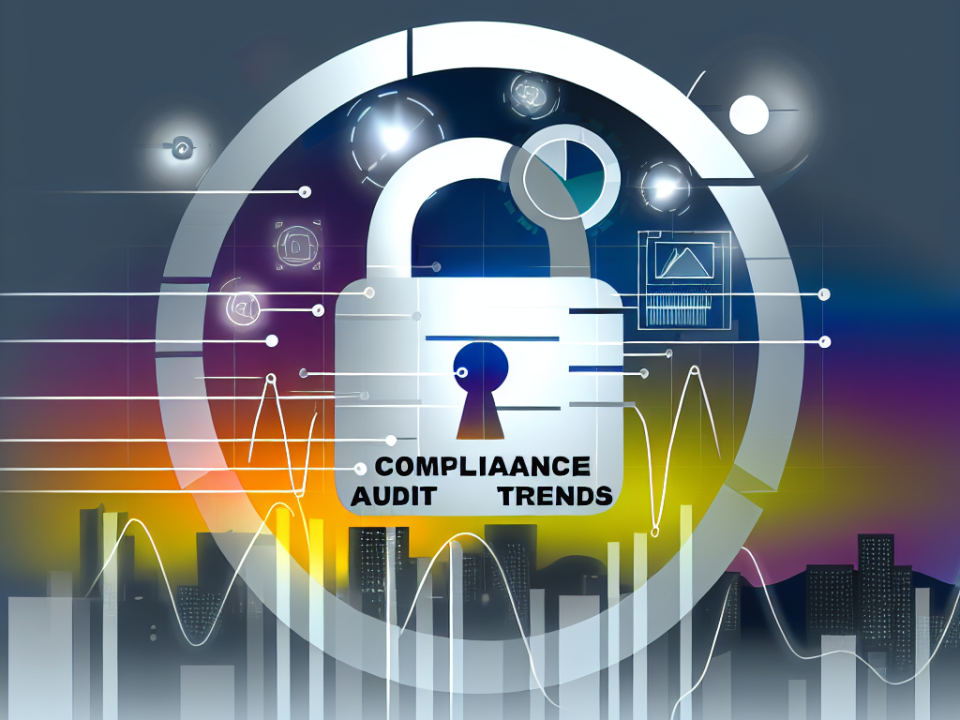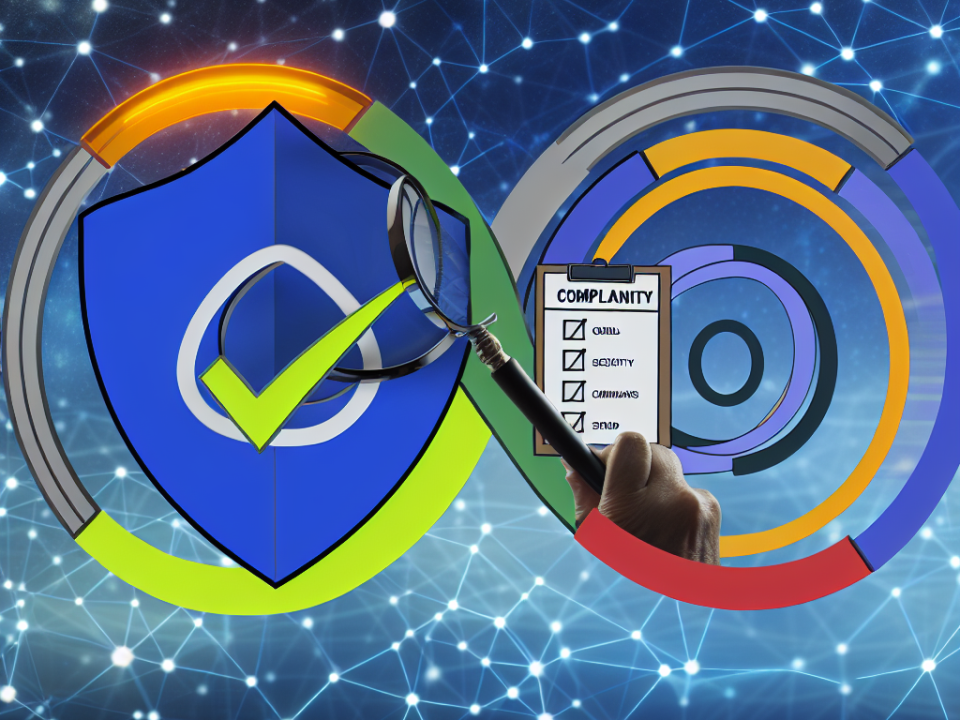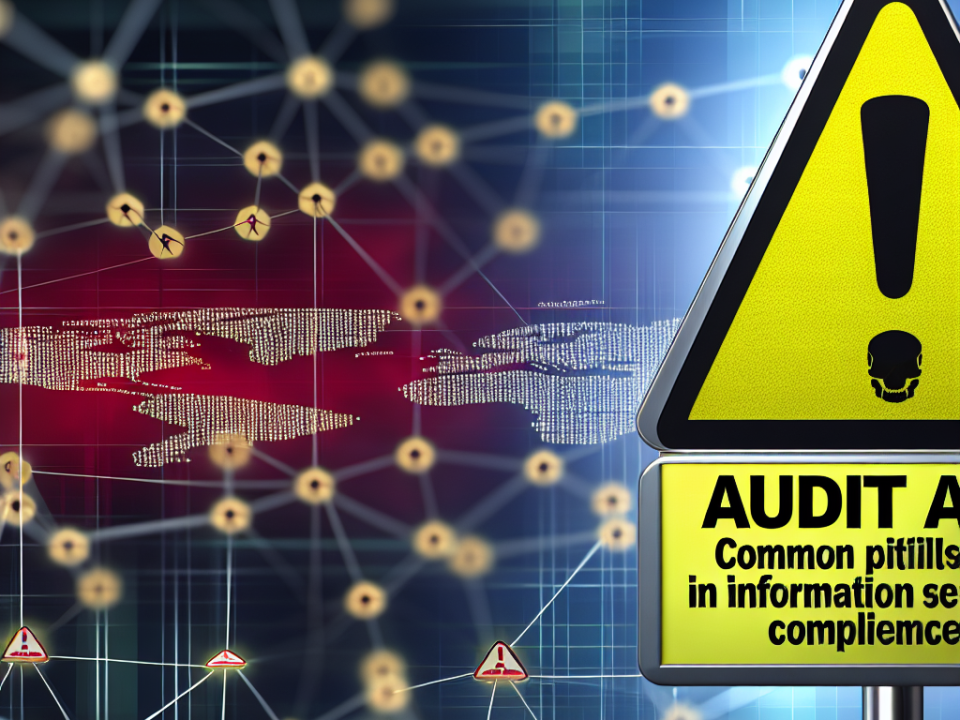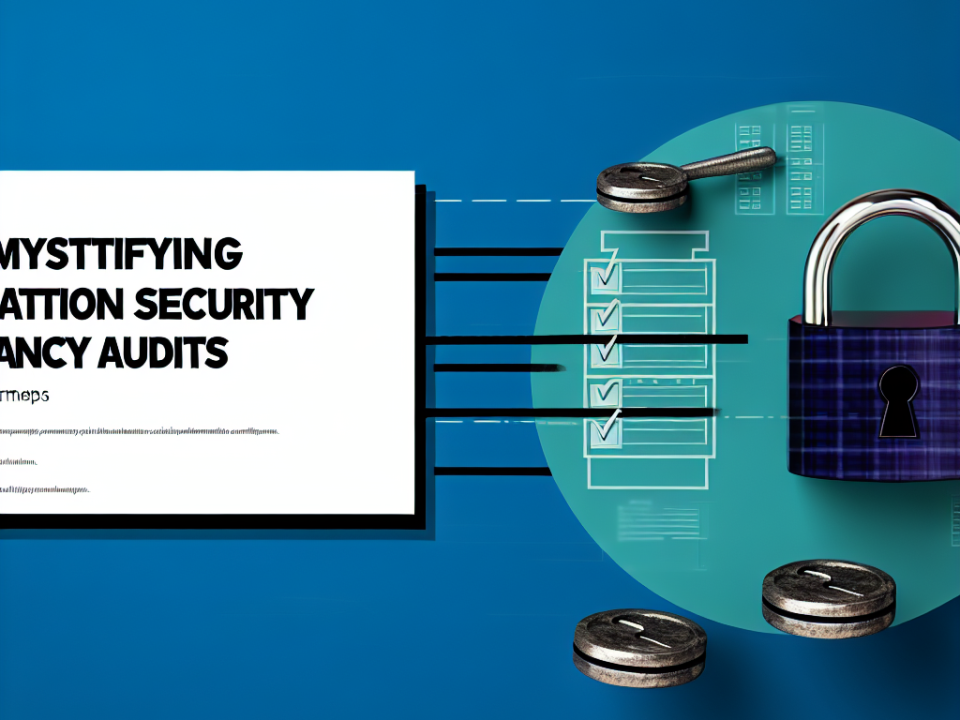
Harnessing Machine Learning: AI’s Game-Changing Impact on Cybersecurity
September 28, 2025
Beyond Passwords: How AI is Shaping the Future of Secure Authentication
September 29, 2025
In an age where data breaches and cyber threats loom large, the application of industry security standards has become more crucial than ever. Organizations across different sectors are increasingly recognizing the importance of adhering to these standards to bolster their cyber defenses. This article explores real-world applications of industry security standards, showcasing best practices that organizations are implementing to safeguard their data and maintain trust with stakeholders.
Understanding Industry Security Standards
Industry security standards are established frameworks or guidelines designed to help organizations manage and protect their data. They outline best practices in areas such as risk management, asset protection, and incident response. Some well-known standards include:
- ISO/IEC 27001: An international standard for information security management systems (ISMS).
- NIST Cybersecurity Framework: A flexible approach to managing cybersecurity risks tailored for different organizations.
- PCI DSS (Payment Card Industry Data Security Standard): Specific to organizations that handle credit card transactions, ensuring they maintain a secure environment.
- HIPAA (Health Insurance Portability and Accountability Act): Sets the standard for protecting sensitive patient information in healthcare.
Real-World Applications
1. Healthcare: HIPAA Compliance
In the healthcare sector, patient data is extremely sensitive and valuable. XYZ Health Systems, a large hospital network, adopted HIPAA standards to safeguard its electronic health records (EHR) system.
Best Practices Implemented:
- Access Controls: Implemented role-based access to limit sensitive data exposure.
- Regular Audits: Conducted audits and risk assessments to identify vulnerabilities and ensure compliance.
- Training Programs: Initiated staff training on data privacy to raise awareness and reduce insider threats.
By adhering to HIPAA standards, XYZ Health Systems not only protected patient data but also fostered trust with patients, resulting in a 20% increase in patient satisfaction ratings.
2. Financial Services: PCI DSS Compliance
For organizations in the financial sector, compliance with the Payment Card Industry Data Security Standard (PCI DSS) is non-negotiable. ABC Bank, a regional financial institution, has implemented PCI DSS to secure their online banking platform.
Best Practices Implemented:
- Encryption: Utilized end-to-end encryption to protect cardholder data during transactions.
- Vulnerability Management: Conducted regular vulnerability scans and pen testing to identify and remediate weaknesses.
- Security Incident Response: Established a rapid-response team to manage potential security breaches swiftly.
As a result, ABC Bank experienced a significant reduction in fraudulent transactions and improved customer confidence, which led to a surge in new online account openings.
3. Retail: NIST Cybersecurity Framework
The retail sector faces unique challenges, especially concerning customer data from online sales. LMN Retailers, a major e-commerce player, adopted the NIST Cybersecurity Framework to enhance their cybersecurity posture.
Best Practices Implemented:
- Identify: Conducted a comprehensive risk assessment to categorize and prioritize risks.
- Protect: Implemented multi-factor authentication (MFA) for secure access to sensitive systems.
- Detect: Deployed advanced monitoring tools to identify unusual transactions and user behavior.
LMN Retailers saw a 35% decrease in security incidents within the first year of adopting the NIST framework, showcasing the effectiveness of proactive cybersecurity measures.
4. Manufacturing: ISO/IEC 27001 Compliance
For manufacturers, safeguarding intellectual property and operational data is critical. OPQ Manufacturing, a global leader in industrial components, adopted ISO/IEC 27001 to enhance its information security management system.
Best Practices Implemented:
- Documentation: Created thorough documentation of processes and procedures for managing information security.
- Continuous Improvement: Established a continual improvement process that includes regular reviews and updates to ISMS.
- Supplier Security: Engaged with suppliers to ensure their data handling practices meet ISO standards.
Through this approach, OPQ Manufacturing not only secured its data but also created a competitive advantage by demonstrating its commitment to security to clients and partners.
Conclusion
The application of industry security standards is not merely a compliance requirement; it is a vital strategy for organizations aiming to protect their data and maintain customer trust. The real-world examples detailed above demonstrate that when organizations commit to best practices aligned with these standards, they not only mitigate risks but also reap the benefits of increased operational efficiency, customer loyalty, and market advantage.
In an ever-evolving threat landscape, prioritizing security is not optional; it is essential for the long-term success of any organization. As we look to the future, continuous adaptation and improvement of security practices will play a crucial role in fostering a safer digital environment for all.







